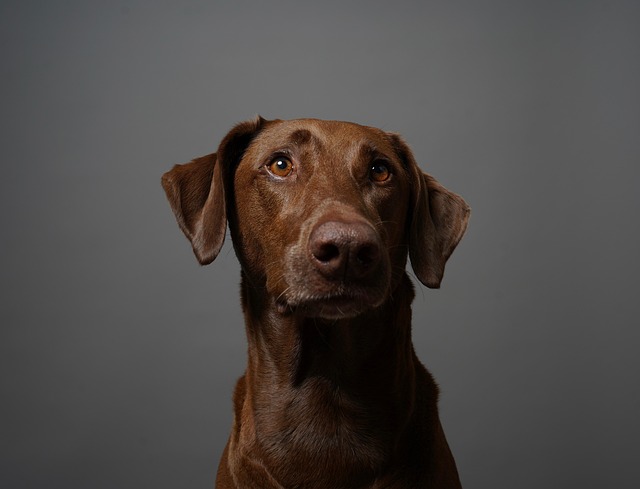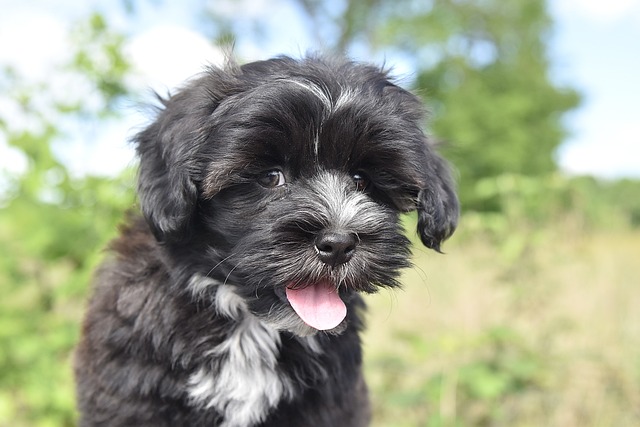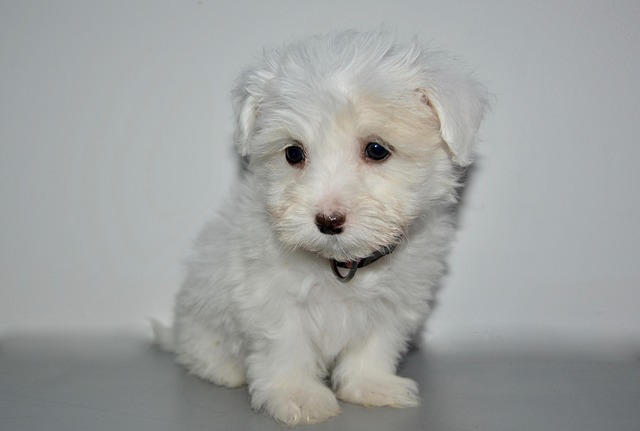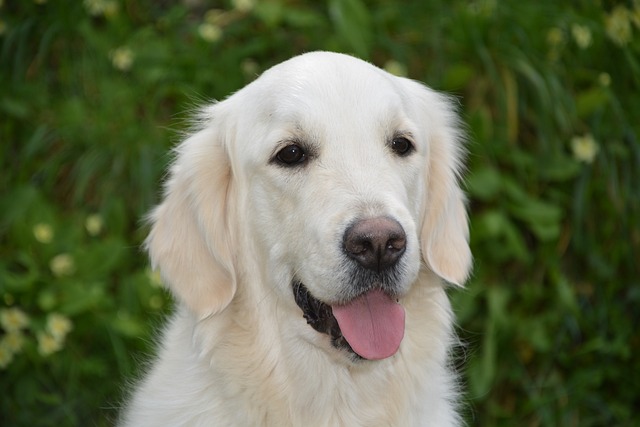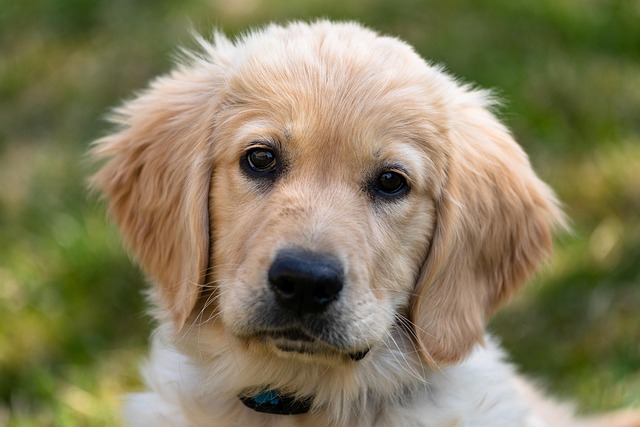Dogs rummaging through the trash isn’t just a messy nuisance—it can turn dangerous fast. A friend’s golden retriever once chomped on a chicken bone from the bin, landing him in the vet’s office with a $600 bill and a night of monitoring. That’s why tackling this behavior early matters, especially when local ordinances in places like Portland or London fine owners for “creating a public health hazard” if trash is strewn by pets.
Start by outsmarting their access. Kitchen cans with childproof latches work wonders—most dogs can’t solve the thumb-squeeze mechanism, even clever border collies. For under-sink bins, install a baby gate or a cabinet lock; in apartments with open layouts, try a decorative wicker basket with a weighted lid. Remember, in some European cities, leaving trash accessible to pets can violate rental agreements, so securing bins isn’t just about training.
When you catch them in the act, avoid yelling—that often makes them sneakier later. Instead, make a sudden, harmless noise (like shaking a can of coins) to startle them away, then immediately redirect their attention to a chew toy or puzzle feeder. Praise them loudly when they engage with the toy—positive reinforcement sticks better than scolding. Consistency is key: if one family member laughs it off while another scolds, the mixed signals will confuse your pup.
 Addressing boredom helps too. Dogs left alone for hours often turn to trash out of frustration. A 30-minute walk before work, followed by a Kong stuffed with frozen peanut butter, can burn off energy and keep their mind occupied. In cities like New York, where long workdays are common, dog walkers or doggy daycares provide much-needed stimulation—think of it as preventive maintenance for your trash can.
Addressing boredom helps too. Dogs left alone for hours often turn to trash out of frustration. A 30-minute walk before work, followed by a Kong stuffed with frozen peanut butter, can burn off energy and keep their mind occupied. In cities like New York, where long workdays are common, dog walkers or doggy daycares provide much-needed stimulation—think of it as preventive maintenance for your trash can.
Finally, check what’s in your trash that’s drawing them in. Overripe fruit, leftover meat scraps, or even used coffee grounds (which some dogs find intriguing) act like magnets. Rinse food containers before tossing them, use scented trash bags (mint or citrus scents often deter dogs), and take outdoor trash to the curb promptly. In rural areas, where wildlife might also target bins, securing trash benefits both your dog and local animals.
Breaking the trash habit takes patience, but with the right mix of prevention, redirection, and stimulation, your dog will learn that the bin is off-limits. And you’ll avoid those messy, costly, and sometimes legally tricky situations—leaving more time to enjoy the good stuff, like post-walk cuddles on the couch.

 Addressing boredom helps too. Dogs left alone for hours often turn to trash out of frustration. A 30-minute walk before work, followed by a Kong stuffed with frozen peanut butter, can burn off energy and keep their mind occupied. In cities like New York, where long workdays are common, dog walkers or doggy daycares provide much-needed stimulation—think of it as preventive maintenance for your trash can.
Addressing boredom helps too. Dogs left alone for hours often turn to trash out of frustration. A 30-minute walk before work, followed by a Kong stuffed with frozen peanut butter, can burn off energy and keep their mind occupied. In cities like New York, where long workdays are common, dog walkers or doggy daycares provide much-needed stimulation—think of it as preventive maintenance for your trash can.